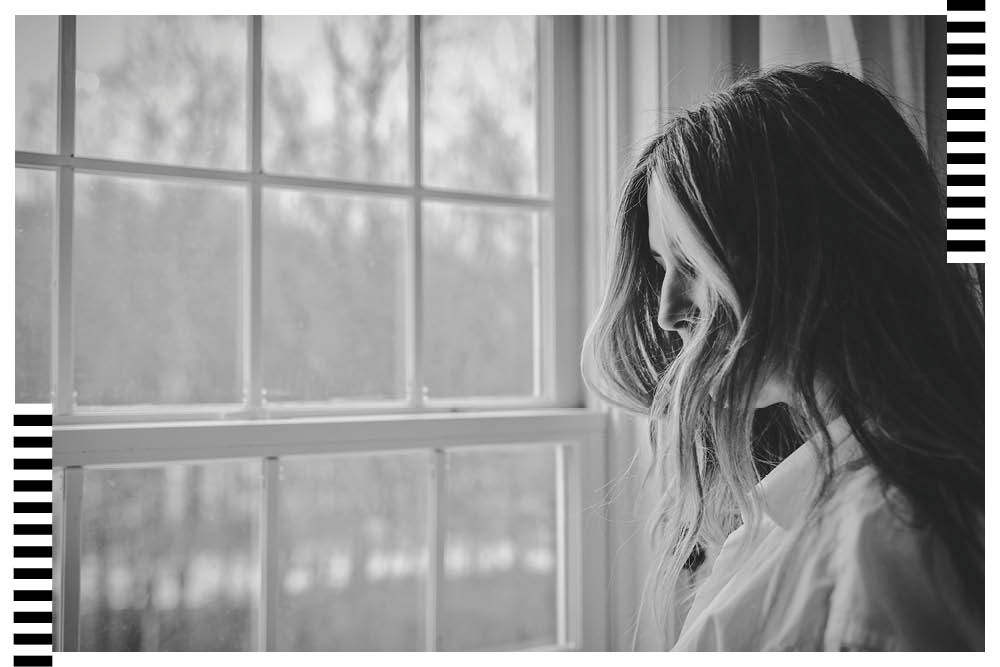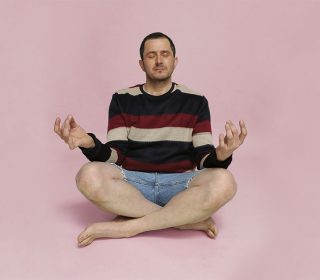Dealing with grief

I had a year to prepare for my mother’s death. We had been told, one warm spring morning, that her cancer had returned and this time, nothing could be done. She was going to die and that was that. In the room, I had reached for her hand. My father pressed himself into the back of his chair as if trying to get as far away from what he was being told as possible. My mother had tried to make the doctor feel better for having to break such awful news. The bottom had dropped from our world. It was like a slow drowning.
When the time finally came, on another warm spring day a year later, I had five days to prepare the barriers for the oncoming flood. I was shocked at how broken I felt on those long days waiting for her to slip away. She was in terrible pain. I wouldn’t have wished that last week on a dog.
It’s difficult when you know someone is suffering. The last year had taken its toll. Mum had breast cancer and lymphedema had swollen her left arm to such an extent it looked like a bin bag filled with water. Large, bloody lesions were scattered all across her chest. They looked like shot wounds. She had been an extraordinary beauty in her time, and she found the disability an affront.
I wanted her to die, for her suffering to end, but that’s something you can’t admit. All the same, when she slipped away, I was devastated. I held on to her, as if I were trying to stop her disappearing down a well. The district nurse came and cleaned her up. She’d wet the bed as she died, a final indignity. I remember resenting this small embarrassment and wishing she had been spared it. It turns out most people wet the bed when they die. Nobody ever tells you that.
The extended family who had been with us left and my father, my wife and I got three beers and sat with my mother. It was the first drink my father had had in seven years. He hadn’t been an alcoholic; he’d stopped drinking to support mum after her first cancer diagnosis. I stroked her forehead and her hair, and we remembered funny things she’d said and done.
The undertaker arrived, a man bedecked in a very smart three-piece suit. He was respectful and kind. My wife took charge and told me and my father to go downstairs to the sitting room. She didn’t want us to see my mother being taken away in a bag and to this day, I am beyond grateful that she did that for us.
From the moment I went home to be with my mother, I cried for 11 days. She died on the fifth day. I have never experienced sorrow like it. It was deep and heavy and painful, but perhaps the most difficult thing to deal with was the lightness we now faced. My father, a carer for seven years, could now live his own life, but there was another sense of relief. We no longer had to deal with my mother’s madness.
When I came along, my mother experienced what would now be called postpartum psychosis. She received no help and it changed her forever. I have no doubt that my mother had an undiagnosed mental illness, not anxiety or depression, but a serious personality disorder that should have been treated. What I struggled with most when she died, was the sense of immense relief that I no longer had to listen to her telling me the neighbours were trying to steal her house, or that my father had secret families he crept off to, every time he went to Waitrose.
What I regret the most, in the months and years since, is that I did nothing about it. She was a wonderful, brilliant, funny woman. She could make me laugh like nobody else. She was also incredibly disturbed. Yet nobody, while she was alive, discussed whether she might have a treatable disorder. We were hostages, not wanting our captor to fly into a rage. If she was in a good mood, don’t risk it.
We spend so much time with our parents, it’s a shame we don’t really get to know them. My mother was a one-off. I will never know anyone else like her, and I just wish I had tried to find out what made her so sad. I miss her terribly.
Emma’s book, The Things We Left Unsaid, (£12.99, Century) is out now








